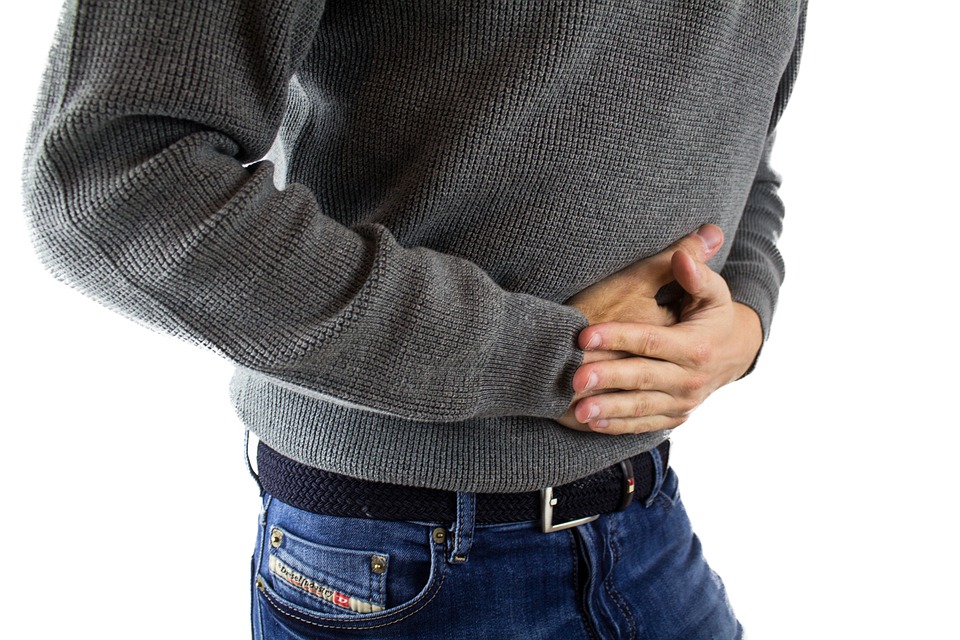Symptoms And Prevention Of Severe Gastroenteritis
“Gastroenteritis can cause serious complications in infants, young children, elderly persons and pregnant women”
Usually caused by a bacterial, viral, parasitic or some harmful chemical-related injury to the stomach/intestine, gastroenteritis is a very common condition that causes diarrhoea and vomiting. Gastroenteritis caused by bacteria and is commonly known as food poisoning. It affects people of all ages, but is particularly common in young children. It can cause serious complications in infants, young children, elderly persons and pregnant women.
Symptoms
- Severe persistent watery/bloody diarrhea
- Severe abdominal pain, distension with recurrent vomiting
- High fever, loss of appetite, extreme fatigue
- Dry mouth, shrunken eyes, dizziness, weight loss due to severe dehydration
- Severely reduced urine output with dark urine
- Headache, confusion, lethargy
- Seizures, loss of consciousness or muscle weakness/paralysis
- Droopy eyes with blurred/ double vision, difficulty In breathing
Severe dehydration can lead to a fall in blood pressure and can cause reduced blood flow to vital organs. If dehydration is not treated urgently, the kidneys may be damaged with reduced or no urine output.
How Gastroenteritis Spreads
- Lack of proper storage or not storing the food in the correct temperature; meat and dairy products are more vulnerable to spoilage.
- Not cooking food properly or at the right temperature may cause bacterial infection, leading to gastroenteritis.
- Also, raw meat and poultry product may contain bacteria which causes infection.
- Not cooking or preparing food in a hygienic environment can contaminate food and eating without washing the hands may also result in infection.
- A bacterium called staphylococcus can contaminate ice cream and its toxins may result in food poisoning.
- Bacillus is another bacterium that contaminates rice and can cause gastroenteritis.
- Bacteria can also be present in cheese or unpasteurised milk.
- If water supplied for drinking comes in close contact with animal or human stools, it may become contaminated accidently leading to the outbreak of gastroenteritis.
Prevention
- Always cook food thoroughly, especially non-vegetarian food and never eat food that Is beyond its expiry date.
- If food is reheated, it needs to be cooked right through and be piping hot.
- Don’t reheat food more than once.
- Separate raw and cooked or ready- to-eat foods.
- Always keep raw meat in a sealed container at the bottom of the refrigerator.
- Take leave from work, school or nursery until at least 48 hours after the symptoms have passed.
- Ensure you wash your hands frequently and thoroughly with soap and water, parhcularly after using the toilet and before preparing food.
- Don’t rely solely on alcohol hand gels, as they’re not totally effective.
- Disinfect any surfaces or objects that could be contaminated.
- Wash contaminated items of clothing or bedding, separately in hot water.
- Don’t share towels, cutlery or utensils etc. while you are ill.
- Flush away any vomit or poo in the toilet and dean the surrounding area.
Treatment
- Drink at least 200 ml water after each watery stool in addition to your normal daily water intake.
- You will need to drink even more, it you are dehydrated.
- Add the contents of an ORS sachet (oral rehydration solution) to water and drink.
- Home-made salt/sugar drinks with lemon juice can also be used in the right proportion.
- The tablet Loperamide may be used to control severe diarrhoea in the short-term.
- Take loperamide, two capsules at first, up to a maximum of six tablets in a day.
- Avoid taking this or any other antidiarrheal medicine if you are passing blood or mucus with the stool.
Antibiotics
Most patients with severe gastroenteritis need a course of antibiotics. Some may also need intravenous antibiotics, as oral tablets may not be absorbed by the diseased gut (intestine).
Patients with a weak immune system due to a long standing disease like uncontrolled diabetes, kidney failure, liver cirrhosis, severe heart failure or those on chemotherapy or suffering from HIV, will require antibiotics and urgent hospitalization as their life is at risk.
Ampicillin, Ofloxacillin and Bactrim are the commonly used antibiotics. Also, probiotic preparations taken alongside, may shorten the duration of illness.
Dietary Advice
If you are suffering with severe gastroenteritis, continue to have a liquid diet, even if you are vomiting, so as to prevent dehydration. Oral rehydration solution, buttermilk, soups, coconut water and juices in small amounts, should be consumed regularly. If tolerated, you can add some light foods which are low in fat, like rice, lentils, khichdi bread and banana etc.
